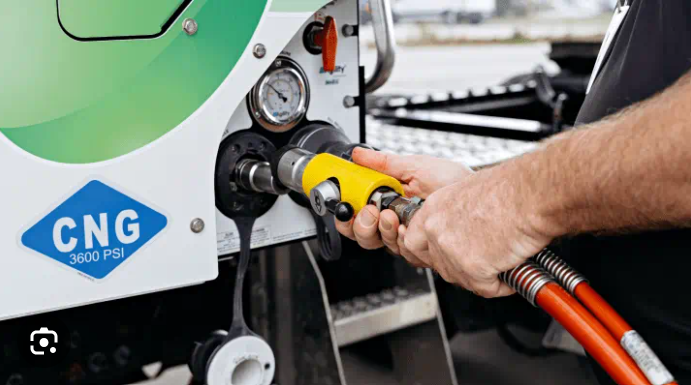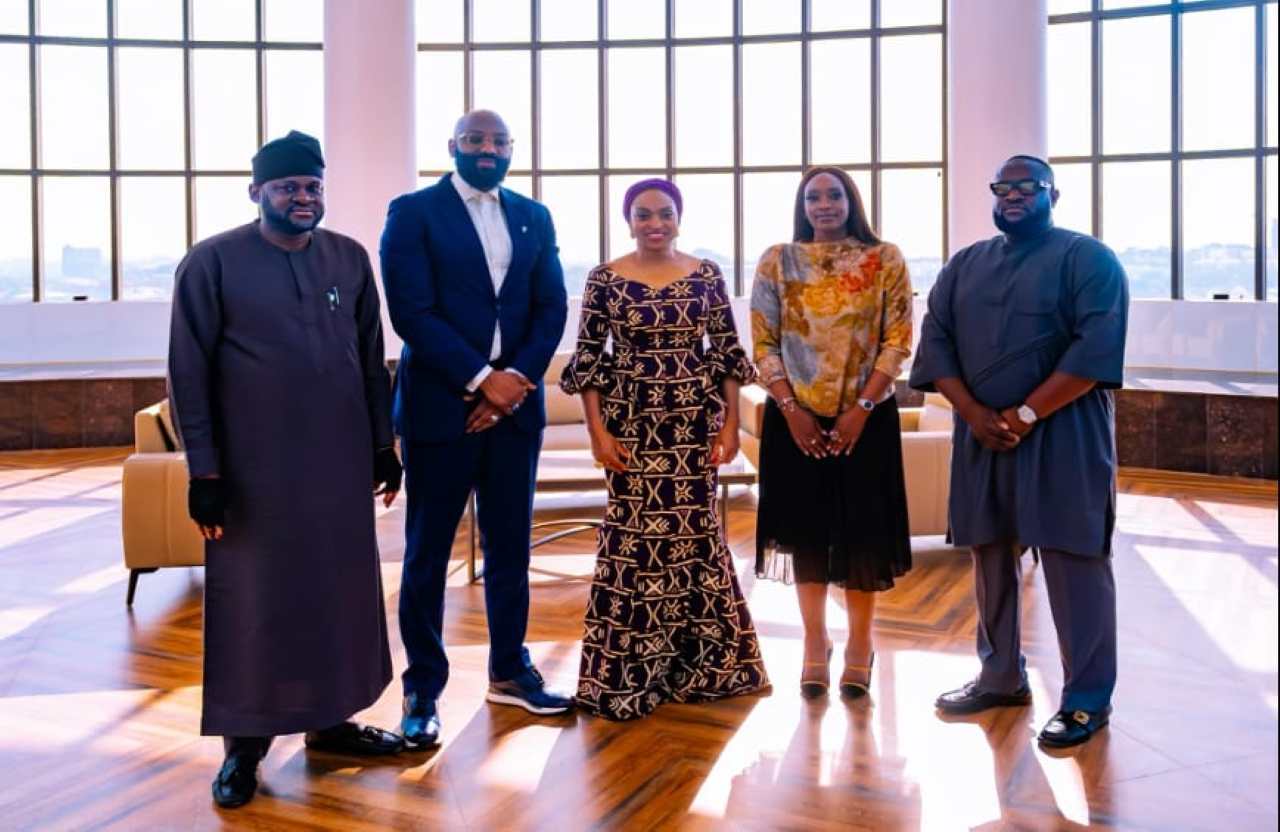
• Govt Okays Direct Purchase Of Petrol
• NLC Seeks More Conversion Centres
Premium Motor Spirit (PMS) marketers can now purchase the product directly from the Dangote Refinery as full deregulation of the downstream sector takes off.
The Minister of Finance and Coordinating Minister of the Economy, Wale Edun, disclosed this in Abuja on Friday.
A statement personally signed by the minister in Abuja said the directive follows an initial directive by the Federal Executive Council (FEC) and the implementation of the new naira-based sales mechanism.
At its meeting in Abuja, the Implementation Committee on the Sales of Crude Oil and Refined Products in Naira, chaired by the Minister of Finance, focused on assessing the transition towards a deregulated market structure for Premium Motor Spirit (PMS) and addressing the change in the purchasing model for petroleum product marketers.
Part of the minister’s statement read: “New Direct Purchase Model: The most significant change under the new regime is that petroleum product marketers can now purchase PMS directly from local refineries. This marks a departure from the previous arrangement where the Nigerian National Petroleum Corporation (NNPCL) served as the sole purchaser and distributor of PMS from the refineries.”
He added that the direct purchasing mechanism allows marketers to negotiate commercial terms directly with the refineries, fostering a more competitive market environment and enabling a smoother supply chain for petroleum products.
Concerning the local production of PMS, the committee noted that with the commencement of local PMS production, the market is better equipped to support direct transactions.
“This transition is expected to enhance efficiency in product availability and stabilise market conditions for the benefit of all Nigerians. The committee recognises that there are questions and discussions regarding this change in the market structure. We are committed to providing clarity on this development and will continue to engage with stakeholders to ensure a seamless transition process,” it added.
Meanwhile, as the government continues to push for the adoption of Compressed Natural Gas (CNG) as a fuel option, there are concerns around the twin issues of safety and inadequate number of refilling stations in major cities across the country.
There are also fears that the amount needed to effect conversion of vehicles from petrol to CNG-powered may be a major stumbling block.
But experts insist that CNG has several safety advantages over petrol such as being non-toxic and non-corrosive, being lighter than air, reducing the risk of pooling and explosion and higher ignition temperature (600°C) vs. petrol (440°C).
A report by the US Department of Energy says CNG vehicles have lower incident rates compared to petrol vehicles while the International Association of Natural Gas Vehicles also stated that CNG is considered 30-40 per cent safer than petrol.
Studies have also affirmed that while no fuel is completely risk-free, CNG’s inherent properties and safety features make it a safer alternative to petrol.
Currently, about N1.6 million is needed to convert Toyota Camry 2004 model from petrol to CNG.
Speaking in Abuja on the adoption of CNG, President of the Nigeria Labour Congress (NLC), Joe Ajaero, who confirmed that the NLC has taken delivery of 14 CNG-powered buses out of 20, bemoaned the inadequacy of filling stations across the country.
He said: “We have taken delivery of 14 CNG buses. However, CNG buses without stations where they can be refilled are like abandoned vehicles. The buses will be parked until such a time when there will be filling stations to buy gas from.”
He also questioned the rationale behind the allocation of 15-seater 20 buses to the NLC, saying: “With 20 CNG buses, what are we supposed to do with them? Fifteen-seater buses are meant to be used as what? To provide mass transport services or to be used as staff vehicles. What problem can that solve?”
Ajaero insisted that the CNG buses ought to have been ready before the petrol price increment spree to enable Nigerians to have existing alternatives.






